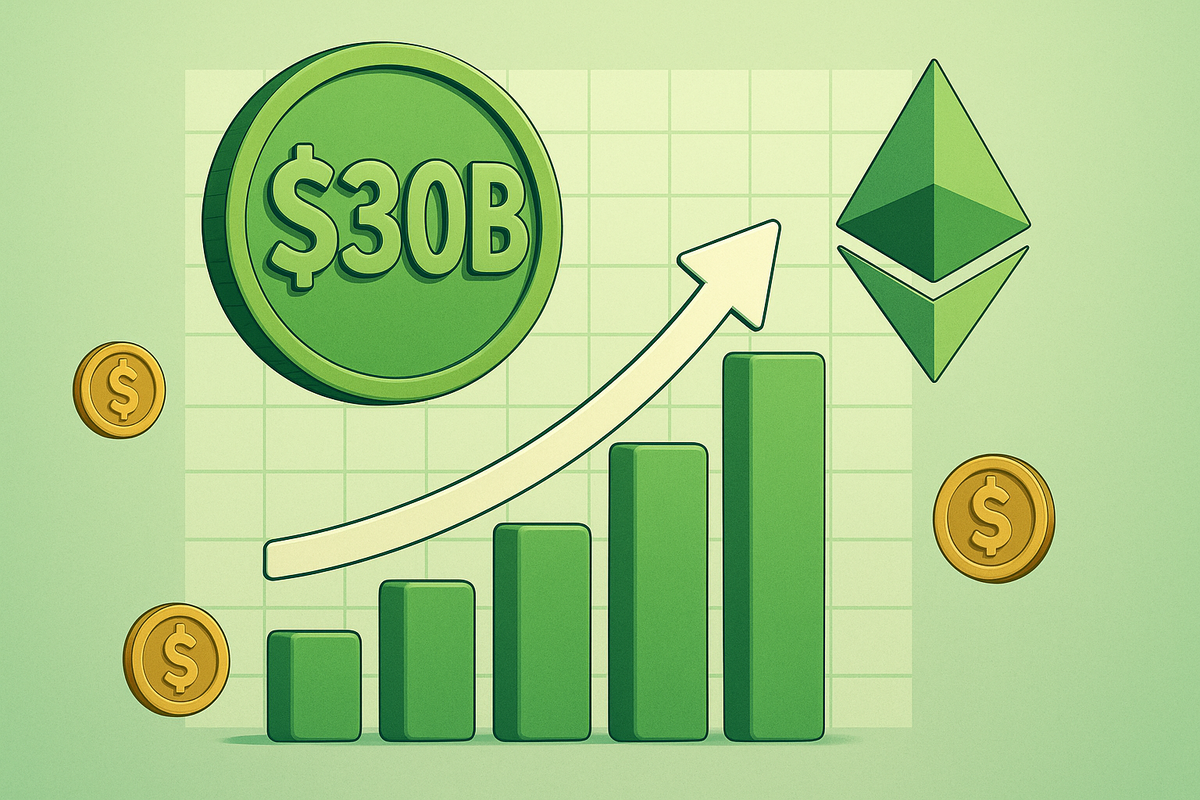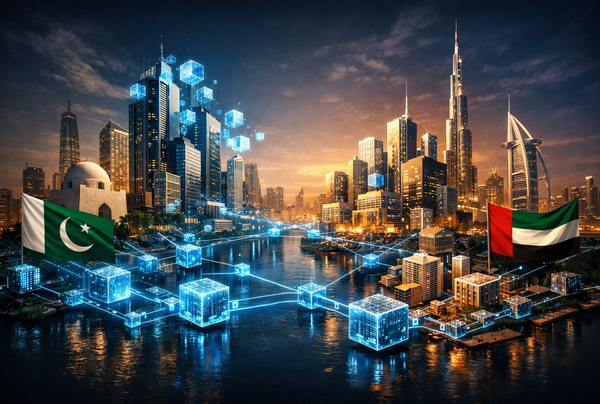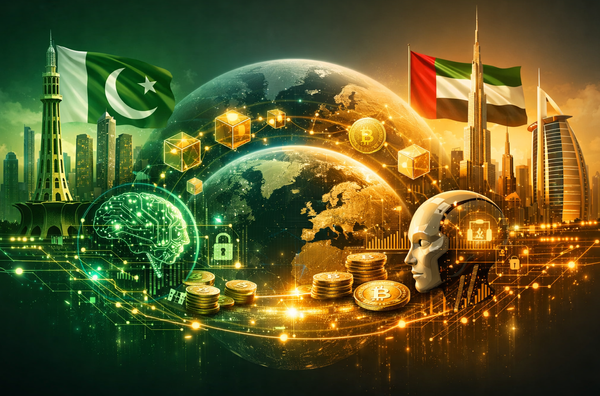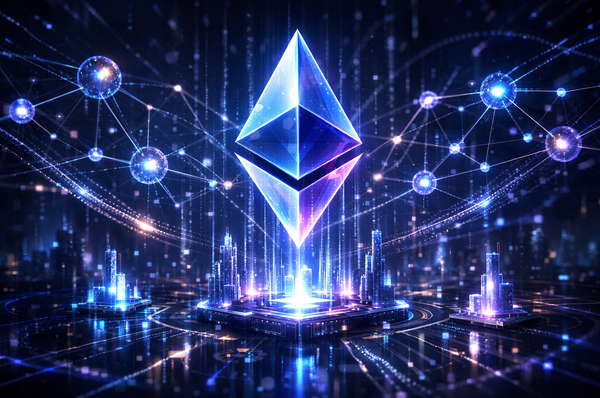Why Real-World Asset (RWA) Tokenization Is the Next Big Wave
The global RWA tokenization market has crossed $30 billion in value in 2025, marking over 90% growth in less than a year. This growth does not even include stablecoins like USDT or USDC, which are already widely used in global finance.

When the internet first arrived, most people thought it was only useful for sending emails or browsing funny videos. Few imagined that e-commerce, online banking, streaming, and social media would transform daily life. Something similar is happening now with Real-World Asset (RWA) tokenization.
RWA tokenization means taking real assets, such as real estate, government bonds, commodities, or private credit and representing them as digital tokens on the blockchain. These tokens can be traded, fractionated, and even programmed for automated payments or transfers.
And the shift is already happening faster than most expected. The global RWA tokenization market has crossed $30 billion in value in 2025, marking over 90% growth in less than a year. This growth does not even include stablecoins like USDT or USDC, which are already widely used in global finance.
Why Tokenization Matters
Tokenization solves one of the biggest problems in traditional finance: accessibility and liquidity. Today, investing in commercial real estate, private credit, or even government bonds often requires huge capital and complex paperwork. With tokenization, assets can be divided into smaller, tradable pieces that anyone with an internet connection can buy.
This is not just about crypto hype. It’s about making trillions of dollars’ worth of global assets more efficient, transparent, and accessible. For example:
- Real estate tokens can allow investors to buy fractions of buildings in Dubai, New York, or Karachi.
- Tokenized U.S. Treasury bills are already being used by institutions as yield-bearing digital assets.
- Private credit and funds are being digitized to attract global investors at lower costs.
Ethereum Still Leads, But Others Are Catching Up
Currently, Ethereum dominates the RWA market, hosting more than half of all tokenized assets. Its strong developer base, security, and established infrastructure make it the first choice for most tokenization projects.
But the future will likely be multi-chain. New platforms are emerging that focus specifically on real-world assets, offering cheaper fees, better compliance tools, and tailored services. This means we will see tokenized assets spread across different blockchains, each optimized for particular use cases.
Dubai and the U.S. Setting the Tone
Dubai has become a global leader by building clear regulations for tokenized assets. In 2025, regulators in Dubai approved their first tokenized money market fund, showing the world how financial products can successfully move on-chain under strict oversight.
The U.S. is also moving forward. With regulators slowly opening doors for tokenized securities and funds, more institutions are preparing to tokenize everything from bonds to credit instruments. Once these frameworks mature, adoption will accelerate worldwide.
What This Means for Pakistan
For Pakistan, the opportunities are enormous. Our country already has a rapidly growing crypto community, ranking among the top five globally in adoption. Imagine what could happen if tokenization is applied to Pakistan’s real estate, agriculture, or energy projects.
Fractionalized real estate could attract investment from overseas Pakistanis. Tokenized agricultural commodities could bring transparency to farmers and exporters. Infrastructure and energy projects could raise funds globally without relying only on local banks.
With the establishment of PVARA (Pakistan Virtual Assets Regulatory Authority), the country now has a chance to build its own tokenization framework. If Pakistan follows Dubai’s lead and creates clear rules for tokenized finance, it could unlock billions in investment and make the country a regional hub for Web3 innovation.
The biggest challenge is not technology, it is regulation, trust, and awareness. For tokenization to work, people need to trust that the token truly represents the real asset, that audits are reliable, and that their rights are legally protected. Global coordination will also be required, as assets cross borders more easily in digital form.
Still, the momentum is undeniable. RWA tokenization is growing rapidly, and it is set to redefine how global finance operates.
Just as the internet moved far beyond emails, tokenization will move far beyond early experiments. From real estate and private credit to art, intellectual property, and carbon credits, nearly every asset class can be digitized. The question is not whether this will happen, but how quickly and who will lead it.
For Pakistan, the timing couldn’t be better. With global adoption rising and Dubai showing the way, Pakistan has a unique chance to position itself at the center of the RWA revolution.




